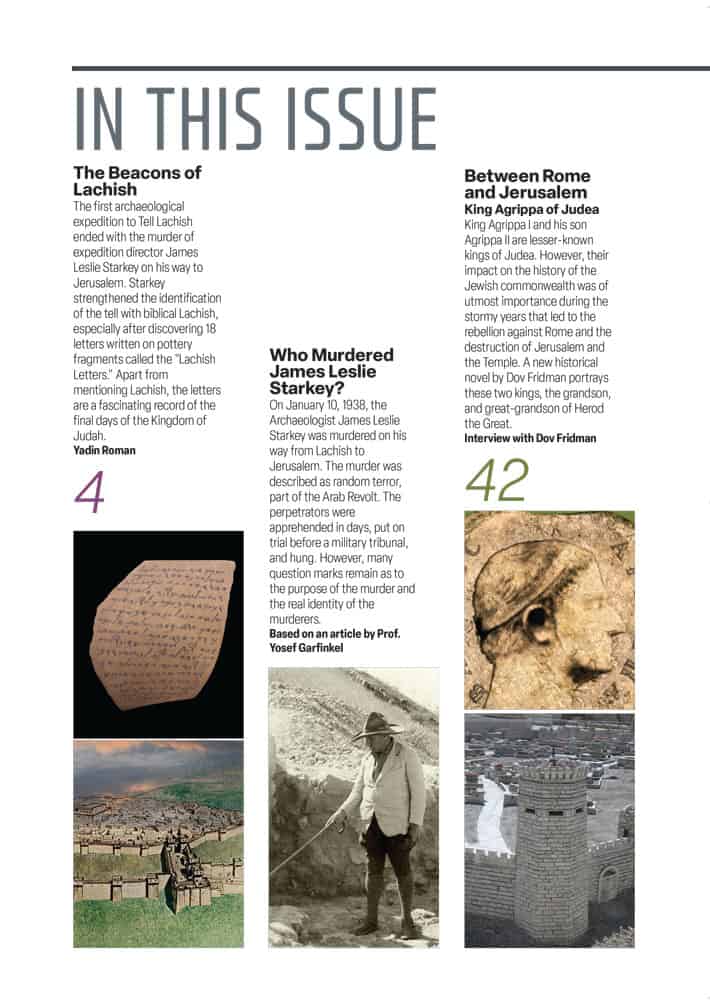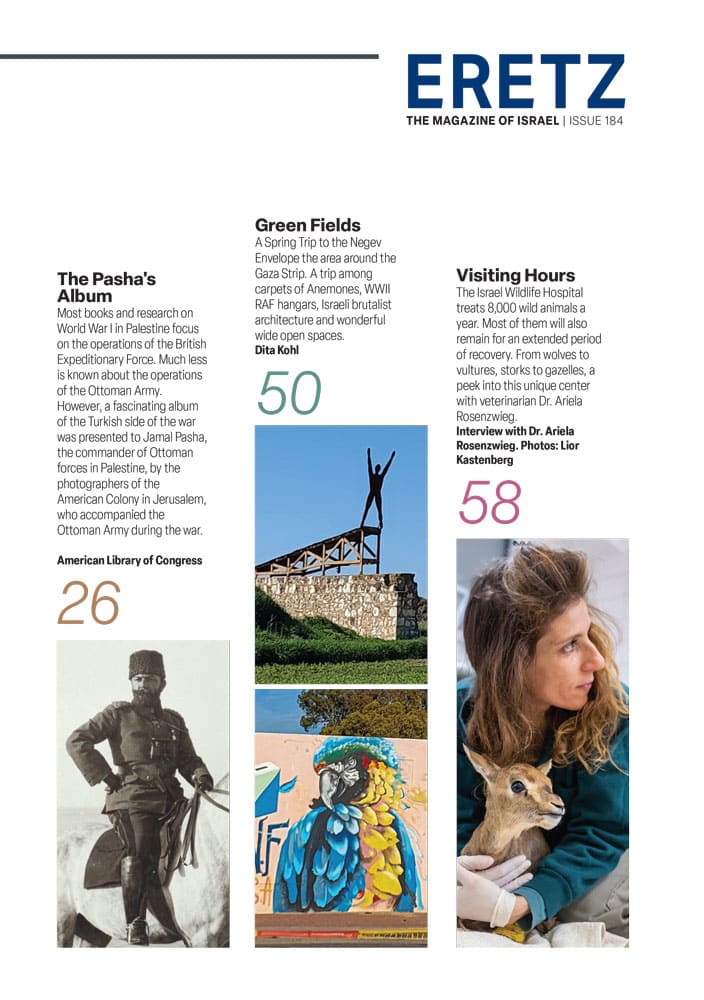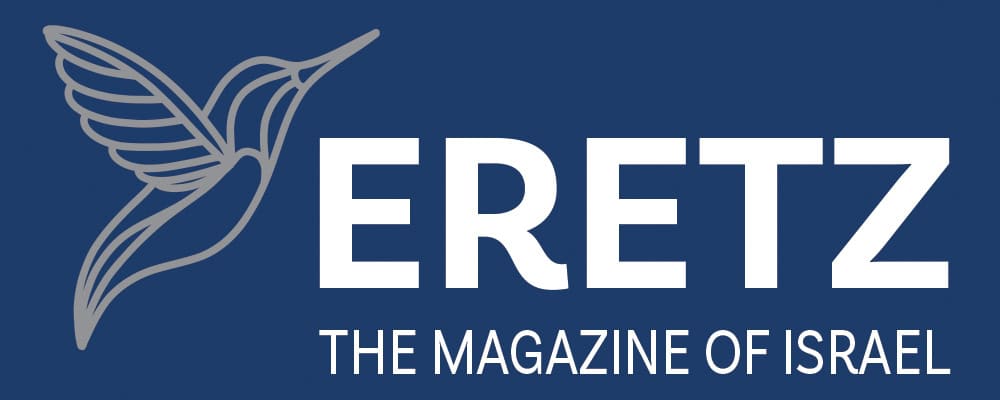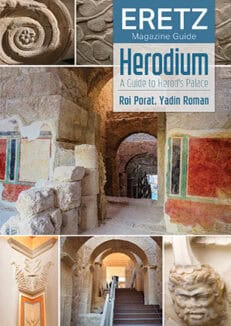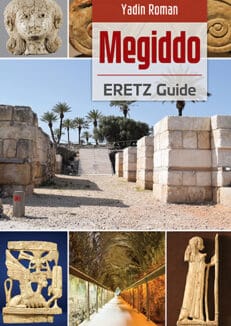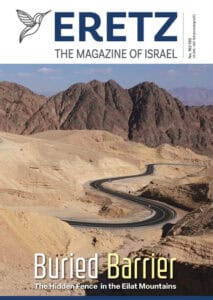The Historic Perspective
On November 29, 1947, the United Nations voted on partitioning Palestine into two democratic states: Jewish and Arab. The states were to be connected economically, and their joint capital, Jerusalem, would be under international rule. Each of the two states would have to adopt a democratic constitution, call for elections, and guarantee the human rights of their citizens.
At the beginning of 1948, the Jewish polity in Palestine created a Peoples Council that elected a Provisional State Council. On May 14, the Peoples Council met in Tel Aviv and voted on the Israeli Declaration of Independence.
On July 8, 1948, a Constitution Committee was established to prepare a constitution. On January 25, 1948, the first general elections were held for the Constituent Assembly. Voter turnout was 86.9%.[ Two days after its first meeting on February 14, 1949, legislators voted to change the name of the body to the Knesset.
Over the next few years, the Constitution Committee suggested several proposals for a constitution – all of them were rejected. During the First Knesset, heated arguments were raised over the need for a constitution. Menahem Begin argued that the constitution was one of the requirements of the United Nations Partition Plan. David Ben Gurion’s Labor Party argued that “the United Nations will not dictate to the citizens of Israel when this country will legislate its basic laws.”
Over the years, the argument over the constitution reached a kind of compromise: the decision of the Knesset to legislate several Basic Laws that address issues that a constitution should have adopted. These laws were legislated one by one and are not inherently different from regular laws.
The Supreme Court of Israel was established in July 1948 by the Provisional State Council. Following the enaction of Basic Laws, when ruling as the High Court of Justice, the court rules on the legality of laws enacted by the Knesset. In the 1980s and the 1990s, the Supreme Court established its role as a protector of human rights, intervening to secure freedom of speech and freedom to demonstrate, reduce military censorship, limit the use of certain military methods, and promote equality between various sectors of the population.
The current government proposal for a series of changes to the judicial system and the balance of powers in Israel, curtailing the Supreme Court’s ability to overrule decisions of the Knesset, has reignited the heated arguments during the first decades of Israel over democracy and the constitution – 75 years after the establishment of the state, it is high time that the defensive mechanisms that ensure a stable and sustainable democracy be put into place.
ERETZ – THE MAGAZINE OF ISRAEL.
ENJOY READING!
